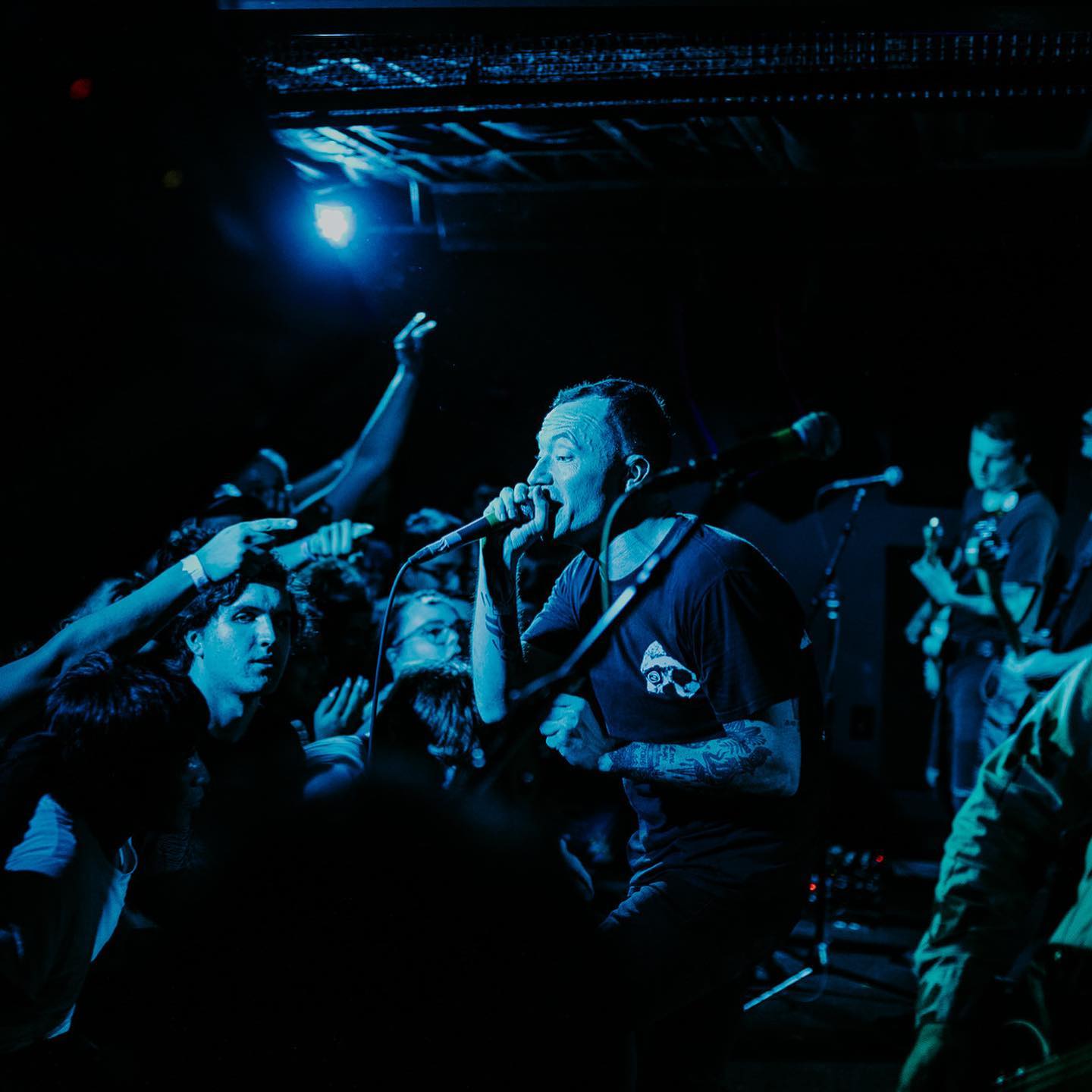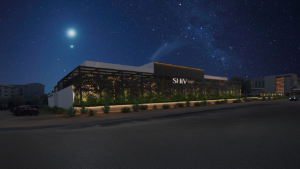Spotlights turned off, microphones hung on their stands, amplifiers stayed silent, as the words “canceled” and “postponed” appeared across many small venue websites located in Downtown Phoenix.
For the majority of small venues, the COVID-19 pandemic meant no more concerts, no more fans and most importantly, no more revenue to operate like usual.
The doors of small venues such as the Rebel Lounge and the Van Buren have been closed for more than six months with no end in sight as to when they can open again.
“How do we survive another six months to a year in this situation?” asked Stephen Chilton, vice president of the National Independent Venue Association and the owner of the Rebel Lounge. “Even if a lot of other things come back, you just can’t social distance a mosh pit or a dance party.”
To combat the closures, NIVA created the movement #SaveOurStages, which went viral across social media platforms almost immediately.
The movement involved fans going on the NIVA website and filling out a simple form which directly contacts the representatives of the states the fans reside.
Phoenix fans, depending on where they live, could choose to receive a reply from one of the senators and their district representative about what measures they have taken to support small venues.
“As a member of the Ways and Means Committee, I remain committed to supporting our small businesses through reducing their regulatory burden and economic growth,” Rep. David Schweikert said in an email statement. “That is why I recently joined my colleagues in introducing the H.R. 7066, the Reopening America by Supporting Workers and Businesses Act of 2020, to help local businesses by turning unemployment benefits into a back-to-work bonus.”
While that might be helpful for local businesses, Chilton said that representatives do not think about small venues when they are distributing a stimulus package.
When Americans think about reopening, small venues are the last thing on their mind and their focus is mostly on helping businesses.
“Everything you see in the news about the stimulus package, that’s what we are talking about,” Chilton said. “We are hoping to be in that ultimate deal or package because we are a very tiny piece and we are not necessarily the piece that everyone is fighting about.”
Chilton said that the need for aid has led congress to create the Save Our Stages Act, which is a bipartisan bill that would give $10 billion in aid to small venues across the nation.
This bill, however, has not passed even with Sens. Chuck Schumer and Kyrsten Sinema’s support.
Small venues in Phoenix are not receiving any aid to help them keep up with their piling bills, Chilton said.
Chilton said even if small venues are closed, they still have to pay their regular bills.
“Just because of the nature of what [venues] do, we pay categorically higher insurance than other bars and restaurants,” Chilton said. “We’re now talking about six months, so just regular maintenance can be expensive.”
Chilton said that a lot of the small venues have furloughed their staff in order to save some money, but it still isn’t enough.
No matter what the fate of the next stimulus deal is, Chilton said that live concerts will not be returning to these local venues any time soon.
Pat Shambayati, the guitarist of the band We Came in Last, said that losing live concerts is something that we cannot afford to do.
“Live performance is a very special thing for musicians,” Shambayati said on behalf of his band members. “It’s a spiritual experience for us to share our music and feel the energy of the room and have everybody feel that exact same feeling.”
Shambayati, along with lead singer/bassist Ben Jones and drummer Rich Duran, has been playing shows at local small venues for almost three years.
The band does not want the precious experience of attending concerts at small venues to fade away.
Even though some bands have chosen to do live stream concerts, sometimes using the empty small venues as a backdrop, Shambayati said that live stream concerts just can’t replace the intimacy of seeing an artist live.
The #SaveOurStages movement is something We Came in Last is passionate about because they have befriended the owners of these small venues and hate seeing them in turmoil.
He said that the local representatives need to pay more attention to these small venues and fight for the Save Our Stages Act.
“If that $10 billion stimulus does not get distributed, it’s going to be really ugly and really scary,” Shambayati said.
He said that he currently feels the local government representatives are giving mixed signals about saving these venues.
When the pandemic first started, We Came in Last felt that they were missing out on touring, but that was not what upset them, Shambayati said.
“The real tragedy that hurts us as a band the most is seeing these venues that we love in our hometown close their doors and possibly never open them back up again,” Shambayati said.
Some of these small venues around Phoenix are over 100 years old, and Chilton said if they close it will wipe away a large part of Phoenix’s culture.
However, Shambayati was still keeping an optimistic outlook and said he is certain venues will be “booked solid” once artists are ready to tour again.
“All great art has been made under some sort of stressful situation,” Shambayati said.




